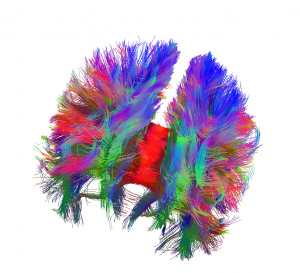Ph.D. candidate and graduate student in the Spatial Neuroscience Lab at UCI, Lily Cheng, presented her work, Travel Direction as a Fundamental Component of Human Navigation, at the 3rd virtual Interdisciplinary Navigation Symposium (iNAV 2020) this past October 5th-7th.
The research investigated the role of travel direction in the internal representation system of human navigation using a visual motion adaptation paradigm in virtual reality.
Great job Lily!
Additionally, Ph.D. student at our associate lab, UCSB Jacob’s Lab , Shuying Yu, presented her work, Sex Differences and Age-Related Changes in Spatial Navigation also at iNAV 2020.
The research investigated healthy young and midlife men and women on three different aspects of spatial navigation (path integration, acquisition of spatial knowledge, and navigational strategy) in order to investigate whether navigational deficits emerge earlier in the aging process or whether these age-related changes vary by sex. Results revealed three major findings: 1) path integration ability is preserved through midlife and does not differ by sex; 2) robust sex differences in spatial knowledge acquisition are observed in young adulthood, which persist but are diminished with age; and 3) by midlife men and women show decreased ability to acquire spatial knowledge and an increased reliance on taking habitual paths. Together, the findings indicated that age-related changes in navigation ability and strategy are evident by midlife.
Great job Shuying!
